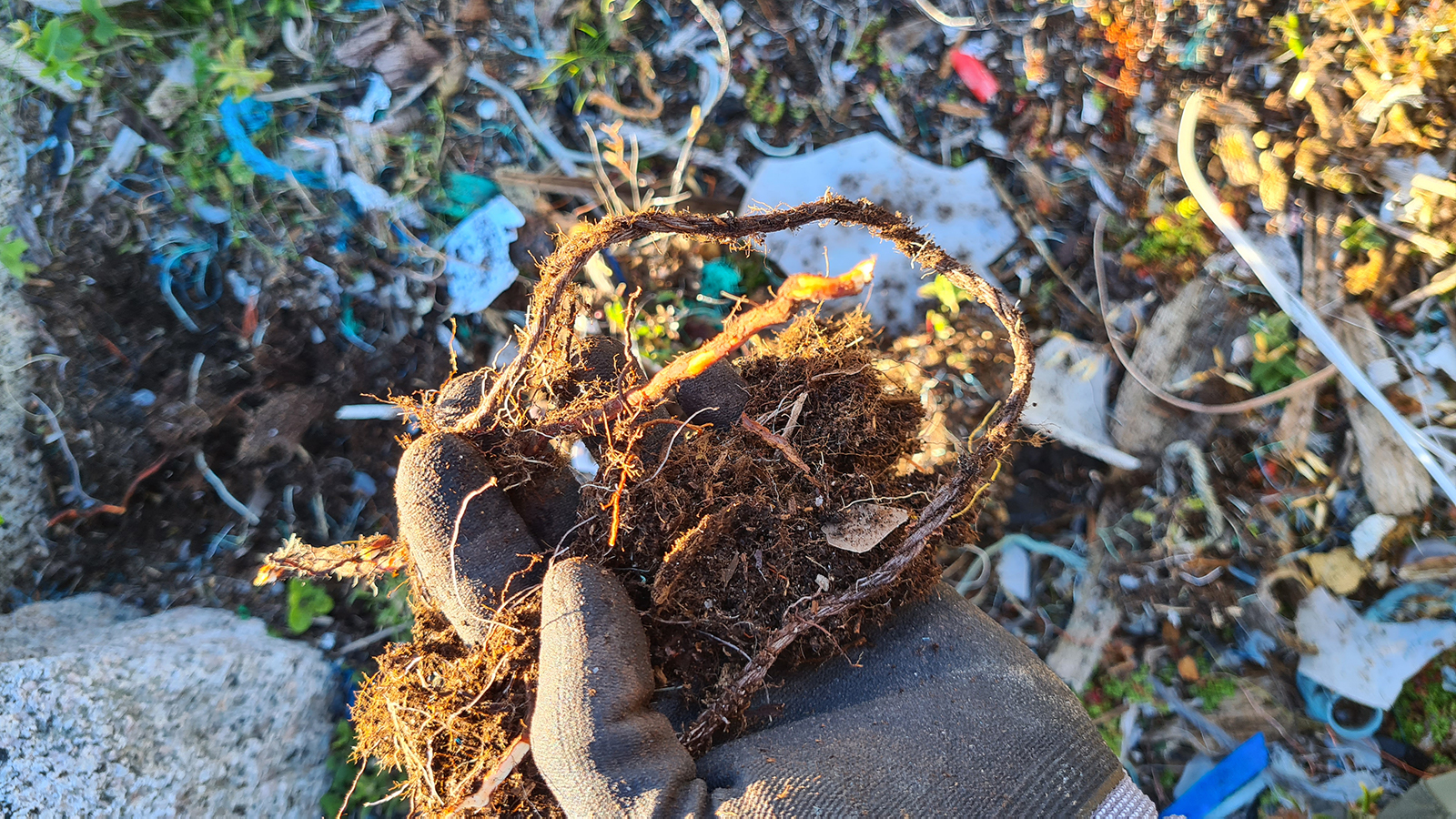Date: 12th of October 2023 | Location: Dokkhuset, Trondheim
Plastic, a ubiquitous material deeply embedded in our daily lives, has played a pivotal role in shaping modern society. However, like any great innovation, its widespread use comes with environmental responsibilities.
A Holistic Approach to Plastic Pollution
Karl Klingsheim, the driving force behind Plastdagen, orchestrated a dynamic event that brought together professionals from diverse backgrounds. The forum facilitated crucial discussions on sustainable solutions to combat plastic pollution. Representatives from various companies and organizations shared insights into UN treaties, waste management, and project funding, contributing to a comprehensive exploration of the issue.
NTNU’s spotlight at the event was illuminated by PhD students from the ATLANTIS and MAPLE projects, offering a unique perspective on the plastic pollution crisis.
ATLANTIS: Navigating the Impact on Marine Biodiversity
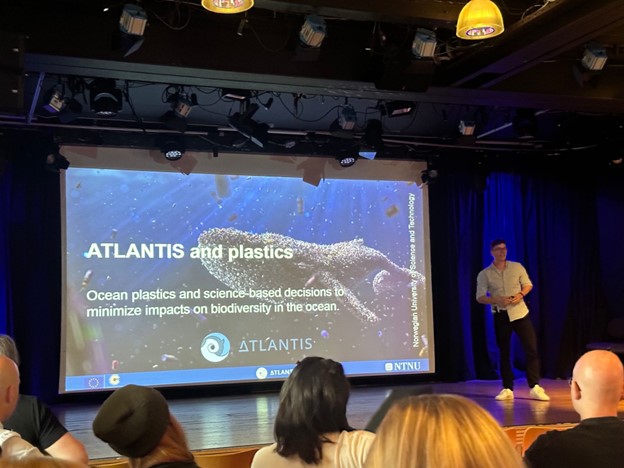
ATLANTIS, a task force dedicated to integrating marine biodiversity impacts into Life Cycle Impact Assessments (LCIA), presented groundbreaking research. Philip Gjedde, PhD Candidate, delved into the impacts of macro- and microplastic pollutionon marine biodiversity, emphasizing the far-reaching consequences on global climate change. From entanglement and ingestion to the spread of invasive species, the detrimental effects of macroplastics were vividly explored, underscoring the urgency for sustainable practices in industries impacting marine ecosystems.
Mapping the Plastic Flow: Ahmed’s Material Flow Analysis (MFA)
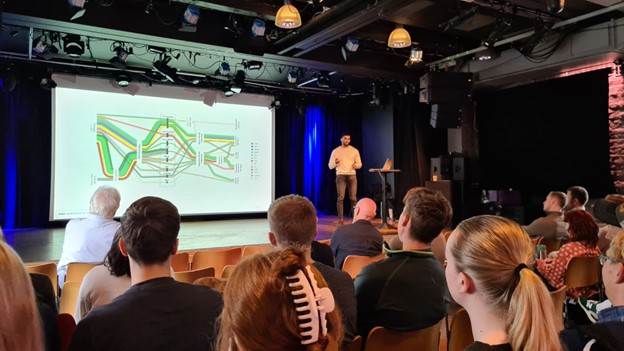
Ahmed Marhoon, PhD Candidate and a vital contributor from the MAPLE project, presented a Material Flow Analysis (MFA) model designed to quantify plastic flows in the Norwegian economy. His research showcased the efficiency of Norwegian waste management while shedding light on the major pollution sources: consumer packaging and tire wear rubber. Ahmed’s work not only demonstrated the need for consumption reduction but also highlighted the often-overlooked issue of toxic plastic additives, underscoring the multidimensional nature of the plastic crisis.
Gabrielle’s Insights into Microbial Interactions
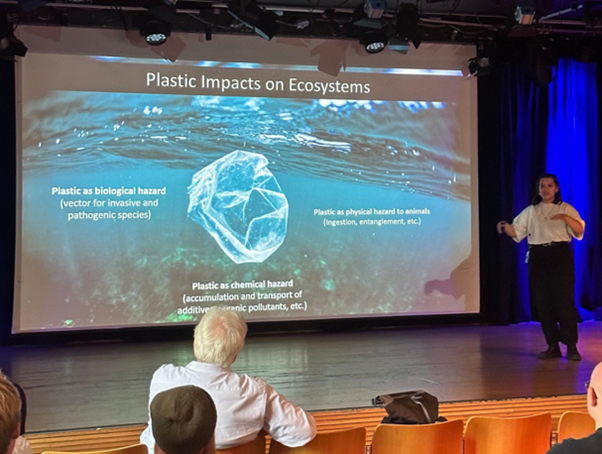
In the MAPLE project, Gabrielle Häberli explored the intricate relationship between marine plastic debris and microorganisms. Her research focused on the impacts of plastic on marine microbial communities and the reciprocal influence of microbial communities on plastic fate. By employing molecular and microscopy techniques, Gabrielle aimed to enhance our understanding of the plastisphere (or plastic microbiome), a crucial yet understudied aspect of the plastic pollution crisis.
A Call for Action and Public Awareness
Plastdagen not only served as a platform for sharing cutting-edge research but also emphasized the importance of taking immediate action. The ATLANTIS team cautioned against relying solely on current Life Cycle Assessment (LCA) models that lack the inclusion of the relevant impacts. They urged a proactive approach to reduce the excessive and unnecessary use of plastic, even if it incurs higher economic costs.
As these research initiatives, represented by ATLANTIS and MAPLE, strive to fill the existing gaps in our understanding of plastic pollution, events like Plastdagen become catalysts for change.
By disseminating knowledge, fostering collaboration, and raising public awareness, we can collectively work towards a sustainable future, free from the shackles of plastic pollution. Here’s to more opportunities like Plastdagen that sensitize a wider audience to this critical environmental issue.
About the authors

Philip Gjedde is a PhD Candidate at NTNU – Department of Energy and Process Engineering and the Industrial Ecology Programme.
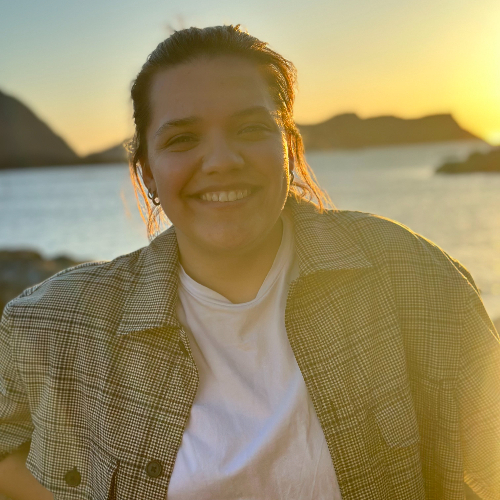
Gabrielle-Yasymi Häberli is a PhD Candidate at NTNU – Department of Biology.
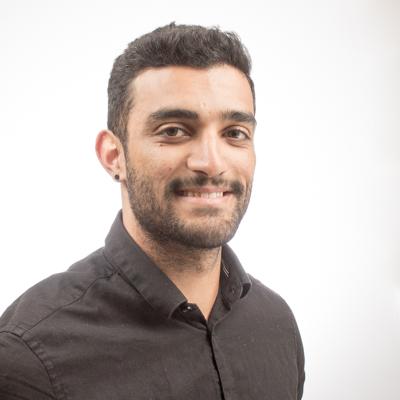
Ahmed Marhon is a PhD Candidate at NTNU – Department of Energy and Process Engineering and the Industrial Ecology Programme.

